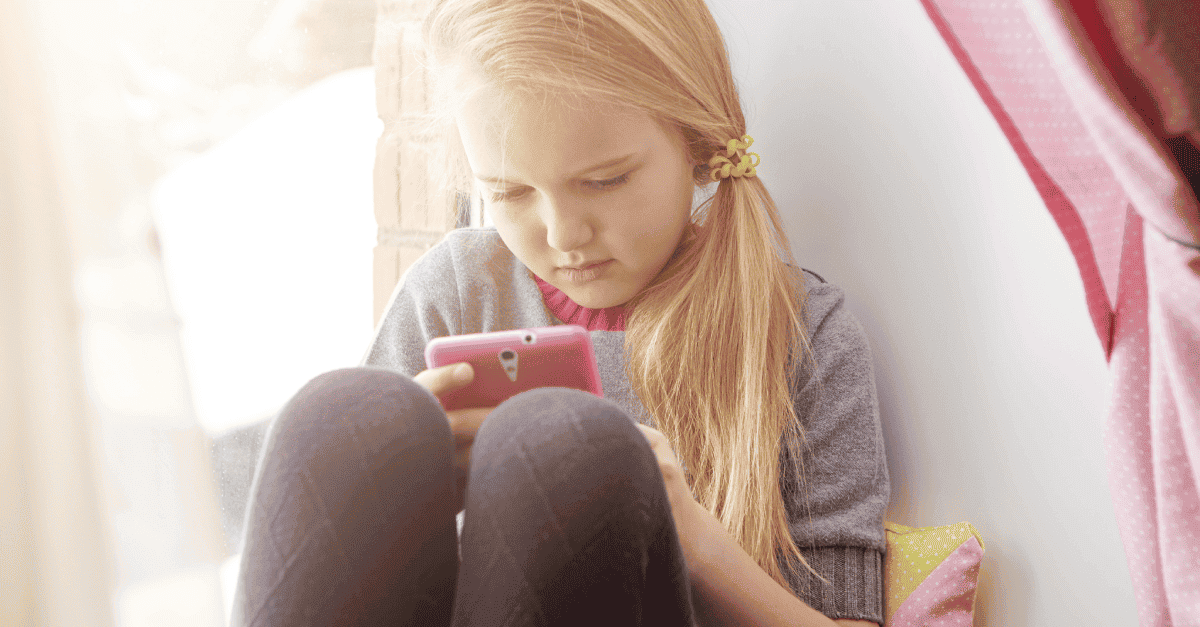What’s inside the report?
With the move to secondary school marking such a crucial point in children’s lives, this report explores the concerns over pressures children face online as they make the big switch and gain more independence on and offline.
It highlights the need for parents to get more support to give children and young people the tools they need to navigate their online world safely and smartly with the right coping strategies to overcome these growing online pressures. See our back to school resources for support on this.
Introduction
Moving up to secondary school is a huge step – albeit predictable and planned for. All the more surprising then that only 40% of primary schools provide any information to parents about how to help their child stay safe online when at secondary school.
Add to this the rite of passage that 81% of children will have a smartphone by the first year of secondary school and we have to ask whether we are setting our children up to flourish or flounder when they start secondary school.
About the Study: Methodology
Find an outline of the methodology used and what research evidence prompted the work. In total, 2,022 parents completed the full survey, and of which 663 whose eldest child was aged between 10 – 13 years old answered specific questions relating to transitioning to secondary school. The survey was conducted between 10th – 17th July 2018
Connection and Complexity
This section outlines the concerns parents have as their child gets their first phone. At the top of the list is ‘Online bullying’ , ‘Pressure to get involved with particular games’ and ‘Pressure to use the same apps as everyone else’.
Mind the gap – parents need more from schools
This section explores the level of advice and support that parents tells us they feel they have received to prepare children for the ‘digital transition’ to their secondary school. It reveals that Fewer than half of parents believe their child’s primary school has provided advice on internet safety for moving to secondary school.
Closing the Gap
In response to parents’ concerns about their child’s smartphone use as they head to senior school, this section outlines what parents tell us they need support on. This ranges from getting teachers to provide online safety advice to parents as well as children to launching a national campaign like ‘Charley Says’ to raise awareness of the issues.
Catalyst for Conversation
Following the output of the research, this part of the report points to the existing resources that we have created to provide guidance on how parents help their children develop good online habits at different stages of their school life. From primary school through to their transition to secondary school and beyond.


